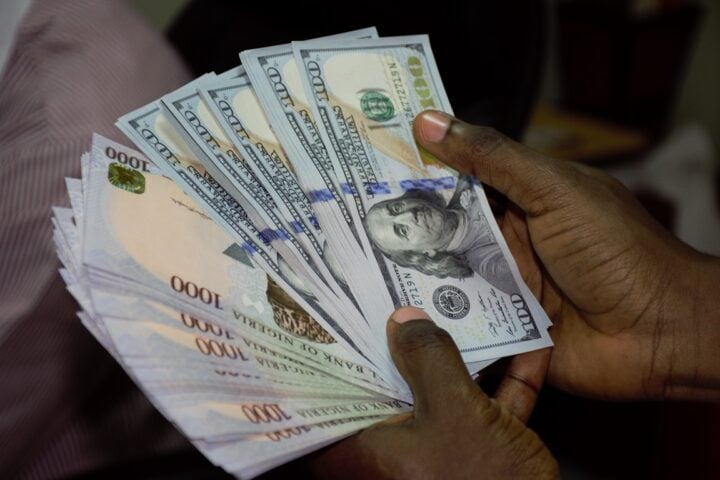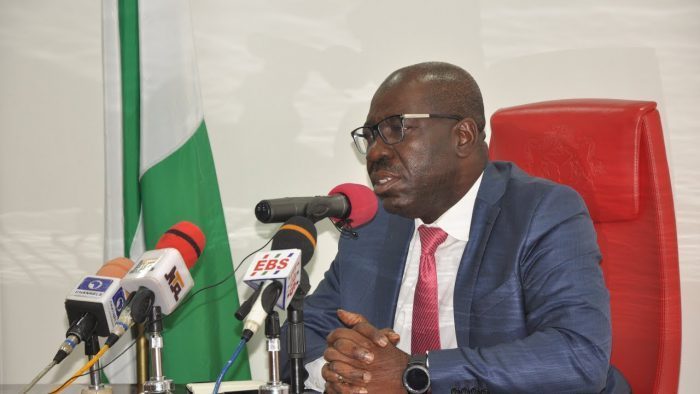This has been a rollercoaster week defined by volatile stock markets, dollar weakness, a dovish Federal Reserve and shaky oil prices.
Global confidence remains fragile thanks to coronavirus-related concerns with lingering fears over slowing global growth and trade tensions fostering a sense of caution.
This sentiment was reflected across equity markets on Thursday, as stocks suffered their biggest one-day pull-back in three months as traders grew warier about the number of rising coronavirus cases in several US states.
A sense of confidence over the world economy recovering quicker than anticipated initially weakened the dollar earlier in the week. However, the unwelcome return of coronavirus related fears may spark risk aversion ultimately boosting appetite for the world’s reserve currency – something that will pressure emerging market currencies like the naira.
Advertisement
Over the past few weeks, investors across the globe have been incredibly optimistic as countries loosened lockdown restrictions and central banks unleashed waves of stimulus measures against the coronavirus menace.
In Nigeria, the Central Bank of Nigeria cut interest rates for the first time since March 2019 while the International Monetary Fund (IMF) approved $3.4 billion in emergency funding to the country.
While lower interest rates have the potential to stimulate consumption and the IMF loan could offer fiscal support, the major issue remains lower oil prices. Given how roughly 90% of export earnings and over 70% of government revenues are sourced from oil sales, the volatility witnessed in brent oil poses a significant threat to Nigeria’s economic outlook.
Advertisement
What is even more concerning is the fact that Nigeria will cut its oil supply to 45,000 barrels a day below its OPEC+ quote during Q3 to make up for over-production in May.
If oil prices end up depreciating due to coronavirus related fears, Nigeria’s export earnings and government revenues may drop considerably during the third quarter of 2020. Such an unfavourable development could hit the naira, punish local stocks, trigger inflationary pressures and ultimately sabotage economic growth.
On the bright side, the naira maintained stability against the dollar at the parallel markets this week. The naira traded around N450 to $1 despite the shaky sentiment, questions over world growth and coronavirus fears.
Advertisement
Add a comment







